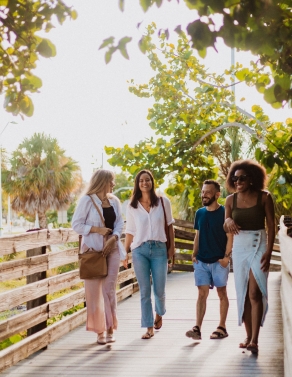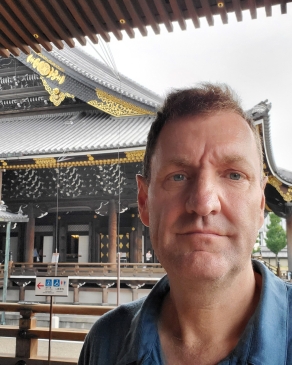As the number of COVID-19 cases surge across large parts of the U.S., the importance of a comprehensive recovery plan for tourism and the economy has never been more timely. All eight of these steps are interrelated and need action to be effective. In this second part of our blog series, we focus on four additional essentials in restarting tourism:
5. Rebuilding Traveler Confidence
6. Activating the VFR & Drive Markets
7. Responsible, Respectful Visitors
8. Measurement & Feedback Framework
5. Rebuilding Traveler Confidence
Once a destination has the health crisis under control and are tackling the other critical steps outlined in the first part of this blog then the destination can plan to restart their visitor marketing activities. A foundation for this will be rebuilding traveler confidence. This starts with communicating clearly on the current situation with COVID-19 in your community, offering fact based health advice and highlighting the industry health and safety standards in place in your destination. Another critical part is ensuring your industry’s cancellation policies meet the moment. With U.S. travelers still uneasy and uncertain about the trajectory of the pandemic and concerned about needing to change or cancel travel plans, generous cancellation and refund policies are critical.
Action: Work with your industry to ensure you have easy to follow, generous change and cancellation policies. Receiving a booking and being able to communicate with travelers on the situation in your destinations is likely a far more effective strategy than confusing or onerous change and cancellation policies putting off travelers from making plans until they are 100% sure they can travel.







